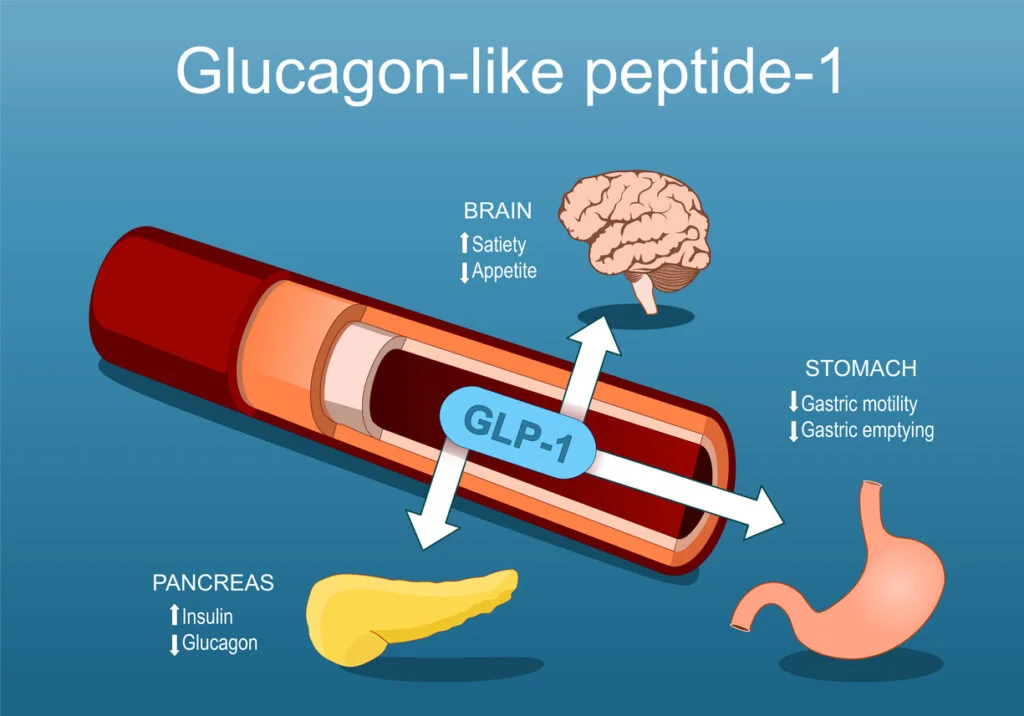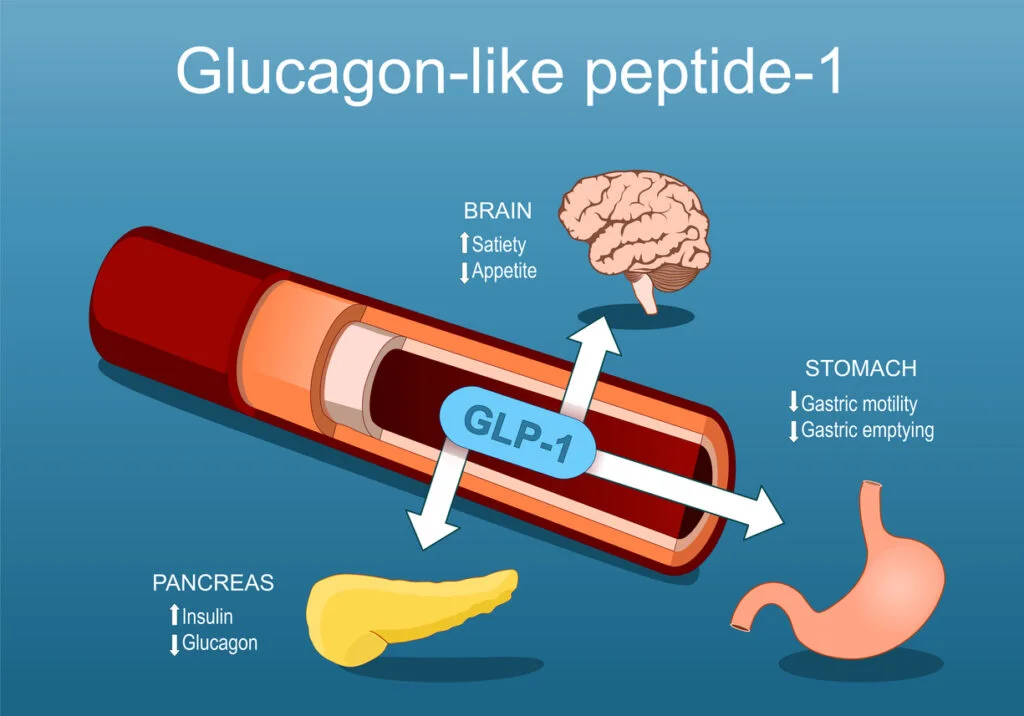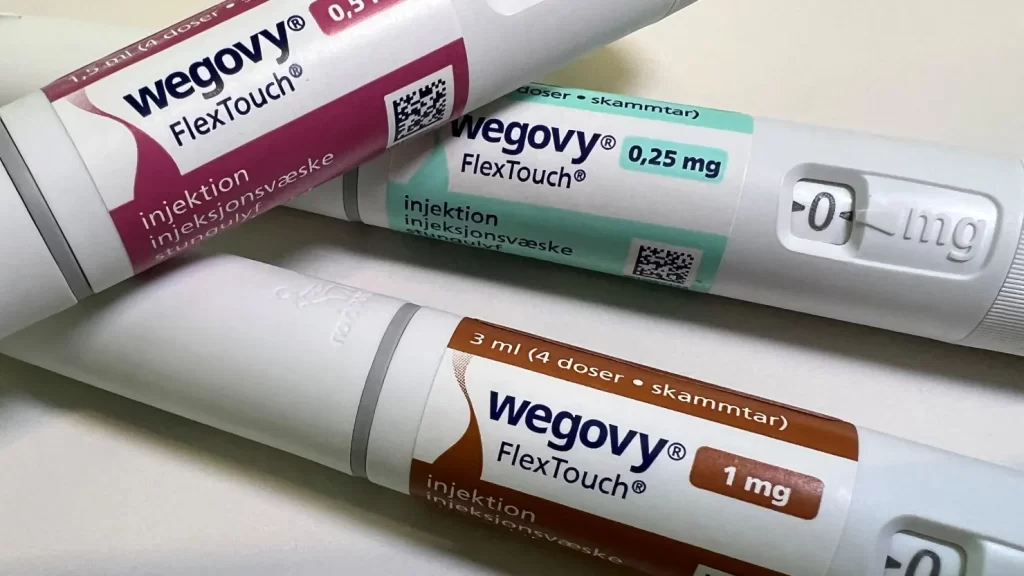Key Points
- The Food and Drug Administration approved Novo Nordisk’s blockbuster weight loss drug Wegovy for use in slashing the risk of serious cardiovascular complications in people with obesity and heart disease, the company said.
- That decision could widen insurance coverage for the drug and similar treatments for obesity, which has been a major barrier to access for patients.
- Wegovy and its diabetes counterpart Ozempic sparked a weight loss industry gold rush over the past year for their ability to help patients shed pounds.
The Food and Drug Administration on Friday approved Novo Nordisk’s blockbuster weight loss drug Wegovy for use in slashing the risk of serious cardiovascular complications in adults with obesity and heart disease.
Millions of patients already use the popular injectable treatment. But the agency’s decision could widen insurance coverage for the costly drug and similar treatments for obesity, which has been a major barrier to access for patients.
The approval also demonstrates that weight loss drugs have significant health benefits beyond shedding unwanted pounds and regulating blood sugar. Weekly injections of Wegovy slashed the overall risk of heart attack, stroke and death from cardiovascular causes by 20%, according to a landmark late-stage trial on the drug.
Wegovy is now the first-ever weight loss medication to gain an expanded approval for that purpose, Dr. John Sharretts, director of the Division of Diabetes, Lipid Disorders, and Obesity in the FDA’s Center for Drug Evaluation and Research, said in a release.
He noted that adults with obesity and heart disease are at increased risk of those cardiovascular complications, so providing a treatment option that is proven to lower that risk “is a major advance for public health.”
The FDA said Wegovy patients should use Wegovy in addition to a reduced calorie diet and increased physical activity.
Wegovy and its lower-dose diabetes counterpart Ozempic soared in demand and slipped into shortages over the past year for their ability to help patients lose significant weight over time.
They are part of a class of drugs that mimic a hormone produced in the gut called GLP-1 to suppress a person’s appetite. Both Wegovy and Ozempic cost around $1,000 per month before insurance.
In a statement on Friday, Novo Nordisk said the approval represents a “pivotal step forward in addressing some of the most pressing issues of our time.” The company added that it is working to increase manufacturing capacity to “responsibly supply this important medicine.”
Novo Nordisk expects to receive a similar Wegovy approval in the EU this year.
The FDA’s approval was based on a landmark phase three trial called SELECT. The study tested Wegovy in roughly 17,500 people with obesity and heart disease but who did not have diabetes.
Wegovy reduced the risk of non-fatal heart attack by 28% in the five-year trial. It produced a smaller 7% reduction in the occurrence of non-fatal stroke, though few strokes were seen in the trial overall.
Wegovy also started to show a reduction in overall cardiovascular events within months after participants started the drug. The difference between the drug and placebo widened as the study continued.
Nearly 17% of people receiving Wegovy in the trial stopped taking the drug, mainly because of gastrointestinal issues like vomiting and diarrhea. That’s double the rate of people who discontinued the placebo.
Another limitation of the study was its lack of diversity. Almost three-quarters of the participants were male, and even more were white. Just about 4% of participants were Black.
The new data could also help the Danish drugmaker maintain its lead over Eli Lilly, whose competing weight-loss drug Zepbound was approved in the U.S. in November. Zepbound has been shown to help people lose more weight, but it has yet to demonstrate an effect on cardiovascular outcomes.






